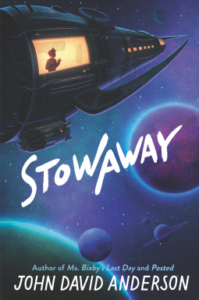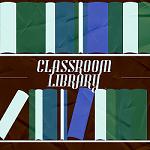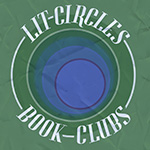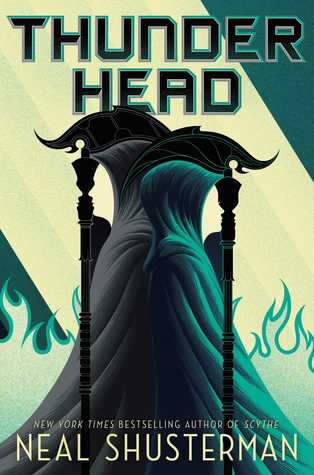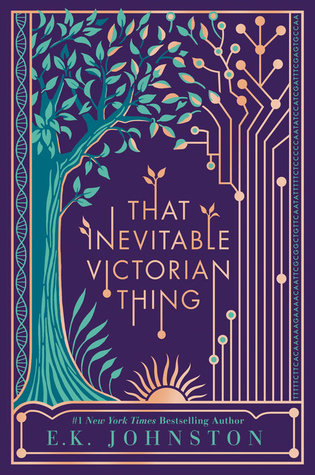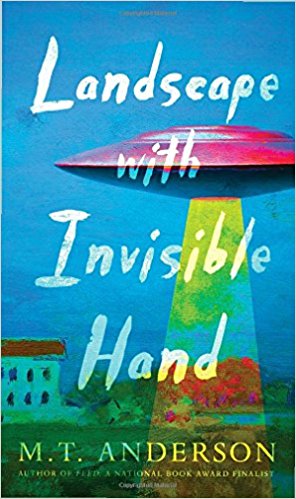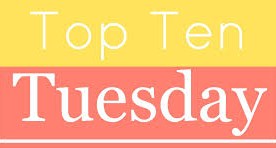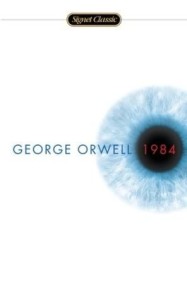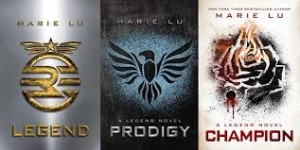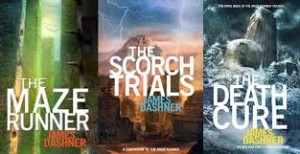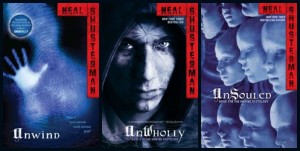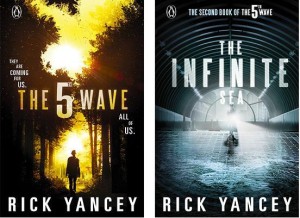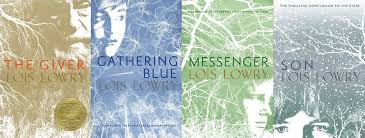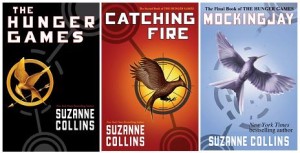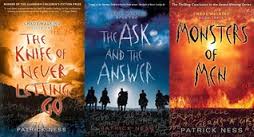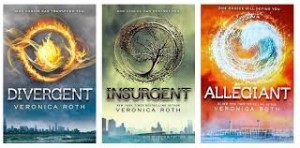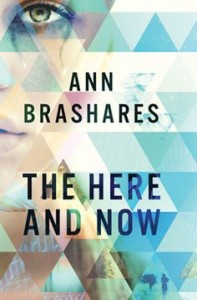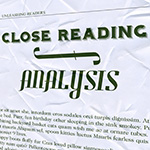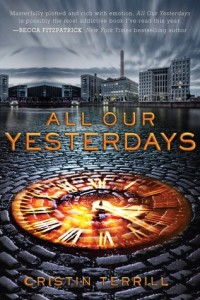Stowaway
Author: John David Anderson
Published August 3rd, 2021 by Walden Pond Press
Summary: The beloved author of Posted and Ms. Bixby’s Last Day returns with the first book in a coming-of-age sci-fi duology about Leo, a kid trying to navigate the galaxy in order to save his family—and, possibly, the planet Earth.
When scientists discover a rare and mysterious mineral buried in the Earth’s crust, they have no idea that it just happens to be the most valuable substance in the entire universe. It’s not long before aliens show up to our little corner of the galaxy offering a promise of protection, some fabulous new technology, and entry into their intergalactic coalition—all in exchange for this precious resource. A material so precious that other alien forces are willing to start a war over it. A war that soon makes its way to Earth.
Leo knows this all too well. His mother was killed in one such attack, and soon after, his father, a Coalition scientist, decides it would be best for them to leave Earth behind. It’s on this expedition that their ship is attacked, Leo’s father is kidnapped, and Leo and his brother are stranded in the middle of space. The only chance they have is for Leo to stow away on a strange ship of mercenary space pirates bound for who knows where and beg the captain to help him find his father.
But the road is dangerous, and pirates, of course, only look out for themselves. Leo must decide who to trust as he tries to stay alive and save his family, even as he comes to understand that there aren’t many people—human or alien—that he can count on in this brave new universe.
Praise: “The Mandalorian meets Guardians of the Galaxy in this fast-paced space adventure that will have readers turning the pages as they are pulled into a unique yet strangely familiar world that reflects our own. This series opener is an ideal pick for middle-grade sci-fi fans.” – Booklist, starred review
“This novel not only provides an otherworldly adventure, but a sincere tale about dealing with loss, finding bravery, and navigating the complexity of war. VERDICT: A page-turning space adventure that deals with complex issues.” – School Library Journal
“Anderson spins a fast-paced tale of piracy among the stars. Featuring a winning cast of misfits who stumble into unexpected kinship, Anderson employs warm humor and pop culture references to ground the narrative against cosmic-level stakes and underlying commentary about exploitation and the cost of war.” – Publishers Weekly
“Leo’s narration aches with pathos but also provides moments of humor and finally ends on a cliffhanger. A heartfelt adventure.” – Kirkus
About the Author: John David Anderson is the author of many highly acclaimed books for kids, including the New York Times Notable Book Ms. Bixby’s Last Day, Posted, Granted, One Last Shot, and Stowaway. A dedicated root beer connoisseur and chocolate fiend, he lives with his wonderful wife, two frawesome kids, and clumsy cat, Smudge, in Indianapolis, Indiana. You can visit him online at www.johndavidanderson.org.
Review: There are very few authors that I have encountered that can write across genres and do it well. John David Anderson is one of those authors. I have read almost all of his books and they include fantasy, realistic fiction, and sci-fi, and all are so well done and so different than each other. Stowaway adds another awesome title to his works list.
Once again, Anderson is able to mix adventure, humor, and seriousness in a way that only he can to have the reader reflect on death, choices after loss, mental health, first impressions, and war while also making us laugh about snoring, clothing, descriptions of gyurt, and bad (GOOD!) puns.
And you will love the world-building in this one. Anderson did a great job of making the universe as vast and diverse as it is but not making it all so complicated that the reader cannot keep up with the planets and species.
But I think my favorite thing about this book is the characters. Each character is intriguing, has its own back story, and is so much more than you at first realize. And this is not just Leo’s character, it is all of the characters in the book. I love Baz and his crew, I love Leo and his family, and I love all of the aliens & humans that Leo meets along the way, good and bad! And I assume we’ll get to know even more in the 2nd book!
Teachers’ Tools for Navigation: On John David Anderson’s website, you can find writing prompts specifically for Stowaway:
Hi All! John David Anderson here. If you’re like me, you like to ponder the really deep existential questions challenging humanity, such as, is there other intelligent life out there in the galaxy, and if so, are they friendly or do they want to eat us? And if they eat us, will they find us gamey or surprisingly moist and tender? What kinds of flavorings will they use? Have they heard of garlic?
Also if you are like me, you like to write down some of your thoughts when you are pondering what kind of meal you might make for our future alien overlords. So with that in mind I’ve penned a few writing prompts to get you started. You can use these to write a story, a novel, a poem, a list of things you should do to prepare for the impending invasion—whatever. The important thing is to use your imagination and have fun.
- Imagine you are told that you have to leave Earth on a spaceship and you aren’t sure when you will return. All essentials such as clothes, food, toiletries, and medicine will be provided for you. Otherwise you are allowed to take one backpack with you. What do you put in your pack and why?
- Imagine aliens show up at our doorstep tomorrow and bring with them all kind of advanced technology, the likes of which we’ve only dared to dream. What is one piece of technology or scientific advancement you would want the aliens to give us and why?
- Imagine you and your sibling (or best friend) are both stricken by some terrible disease that only gives you days to live, but you are given one pill that you’re told might cure the disease. Would you take the pill yourself or give it to this other important person in your life (note: these are the only two available options. Don’t try to cut the pill in half or study it to determine its chemical compound in the hopes of recreating a duplicate)?
- Describe the scariest possible alien you can imagine. Consider its appearance, temperament, technology, and desires. Give the alien a name. Now imagine it shows up at your doorstep.
- Pick a necessity that we currently have plenty of (water, trees, daylight, rain, electricity) and imagine what the Earth would be like if what you chose suddenly disappeared. How would humans adjust to the sudden absence? What would it change about society and culture? What disastrous consequences could it lead to?
Discussion Questions: Here are some extra discussion questions I came up with:
- How were the pirates different than what Leo, or you, assumed?
- Why would Leo’s father make the choice that he made at the end of the book?
- Although Baz wants to be a notorious, vicious pirate, I think he is much more than that. What words would you use to describe him as a character?
- There are flashbacks throughout the book. Why did the author include these in the story?
- Which side would you choose in the war? Is there a “right” side?
- What do you think is going to happen in the next book?
Flagged Passages: Prologue “The explosion nearly threw them off their feet as the Beagle lurched sideways. The steel beams shuddered. Leo’s ears rang. The links blinked off, on , then off again, triggering the fluorescent yellow emergency lighting that ran along the floor. Leo put a hand on the wall to steady himself. His brother’s eyes shone like moons. “What was that?”
The question was answered with a second explosion, the ship quaking again. Every alarm screamed at once. Leo stumbled, falling into his brother’s ready arms. From down the corridor he could hear the crew of the Beagle shouting to one another, though it was impossible to hear anything over the ship’s wounded bleating until the captain’s voice echoed over the coms.
“Attention crew of the Beagle. We are under attack. Security personnel report to the bridge immediately. Engineering to the drive chamber.”
Leo looked at his brother, still holding him tight. “Did she just say we’re under attack?”
Gareth nodded, then looked sideways, startled by the sound of boot heels clomping down the hall.
Leo knew the sound. He’d learned to recognize the rhythm of his father’s footfalls. Like the sound of his brother’s snoring or his mother’s pensive sighs. Leo spied his father turning the corner, his eyes falling on him and Gareth, pressed together. Dr. Calvin Fender’s face softened, then hardened again. He spoke in a whirlwind. “What are you two doing out here? Didn’t you hear what Captain Saito said? You need to hide. Hurry!”
Their father pointed to the nearest door, leading to an empty bunk room barely half the size of the one the Fenders shared. He hustled Gareth and Leo into a corner, his white lab coat flapping on both sides like broken wings. Leo could tell he was scared–he could see it in his father’s eyes, even if he couldn’t hear it in his voice.
His father was seldom scared.”
Read This If You Love: Bloom by Kenneth Oppel, The Dark Side of Nowhere by Neal Shusterman, Children of Exile by Margaret Peterson Haddix, or if you are just a huge fan of John David Anderson
Recommended For:
Stop by the other Blog Tour Stops!
August 15, 2021 Nerdy Book Club
August 17, 2021 Writer’s Rumpus
August 23, 2021 A Library Mama
August 24, 2021 Unleashing Readers
August 26, 2021 Satisfaction for Insatiable Readers
**Thank you to Walden Pond Press for a copy for review!!**
